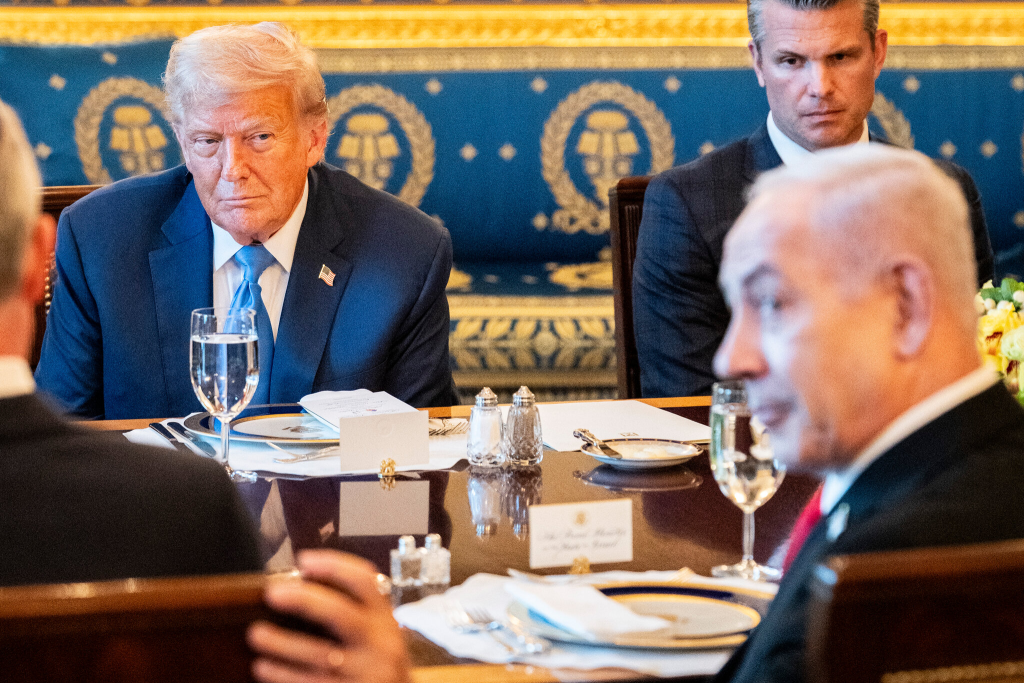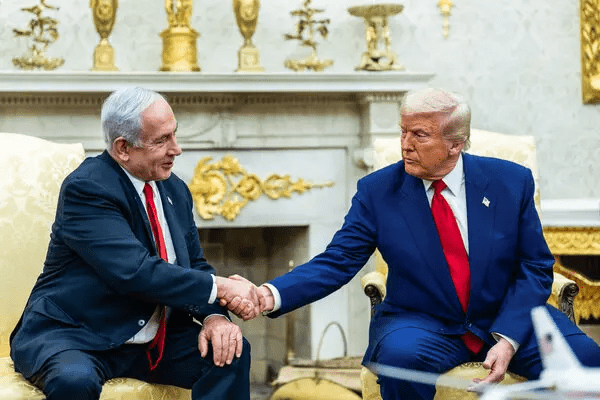Netanyahu Poised to Make “Painful and Significant” Concessions Under Trump’s Gaza Ceasefire Plan — What Israel Might Give Up
I can’t help feeling uneasy as I read the latest reports emerging from Jerusalem and Washington. They say Prime Minister Benjamin Netanyahu is preparing to accept “painful and significant” concessions under the ceasefire and postwar plan that Donald Trump is pushing. A line in Channel 12’s report struck me: many of these concessions would run counter to the policies Israel has fiercely defended in recent weeks.

Imagine the tension in Netanyahu’s office. On one hand, this is a moment when Israel is under tremendous international pressure to quiet the guns and address the catastrophe in Gaza. On the other hand, Netanyahu’s base and many in his own cabinet have been adamant: no restoration of Palestinian Authority (PA) control, no concessions that appear to weaken Israeli sovereignty in the Strip. Yet, the Trump plan reportedly calls precisely for a gradual expansion of PA authority over Gaza, under a transitional international administration.
It’s not just diplomatic rivalry; this is very personal for Netanyahu. His political identity in recent years has hinged on protecting Israel’s control over Gaza. He has repeatedly rejected giving the PA a role there. Now, he may have to eat those words. The narrative inside Israeli media suggests that some of the concessions will explicitly contradict decisions his government has made.

I imagine him pacing in his residence late into the night, balancing promises made to hardliners against the reality that a ceasefire is desperately needed—and that Trump is pressing. Reports say that pressure is being exerted behind the scenes: Washington is leaning on Qatar to push Hamas to agree to Trump’s framework, shifting the diplomatic burden squarely onto Israel.
What might those concessions look like? For one: recognition of the PA in postwar Gaza, which Netanyahu has long opposed. In this plan, after a transitional period governed partly by an international body, authority would gradually be handed to the PA. That would be a sharp reversal from Israel’s consistent position.

Another possibility: Israel may agree to phased withdrawals from parts of Gaza, allowing displaced Palestinians to return, and handing over control of certain civil functions sooner than originally planned. The kind of security guarantees and oversight Israel would retain is not entirely clear. Also, former British Prime Minister Tony Blair has been floated as a possible interim administrator under the framework.
I can’t help thinking of the human cost. For many in Gaza, these discussions are about more than borders or control—they are about daily survival, rebuilding houses, and returning to lives interrupted by war. The images we see in the media—destroyed homes, tears, empty streets—are not abstract. They are real. And any agreement must grapple with that suffering, not just political chess moves.

But there’s also domestic risk. If Netanyahu concedes too much, his coalition could fracture. Some of his strongest supporters view any PA role or territorial compromise as betrayal. And yet, if he resists too vehemently, the U.S. and Arab states might turn away, isolating Israel further. The tightrope is dizzying.
I reckon that Netanyahu sees this as a forced hand. The global outcry, mounting civilian casualties, pressure from Arab allies, and the demand for a solution have cornered all sides. The speech he delivered at the UN recently, promising to “finish the job” in Gaza and rejecting international pushes for a Palestinian state, underscores how deep his convictions run.

Still, something is changing—perhaps reluctantly, perhaps under duress. This plan may be his pivot point: he could emerge from these negotiations having adjusted policies once considered immutable. If he does, historians may look back and ask whether those concessions rescued Israel’s credibility in the world or fractured its resolve at home.
I’ll be watching every statement in the coming days—Netanyahu’s meetings with Trump, what members of his cabinet say under pressure, and whether Hamas, Qatar, or the PA accept any of this framework. Because if Israel does indeed make “painful and significant” concessions, the map of the region—and the stakes for peace—may shift in ways none of us fully anticipate.



